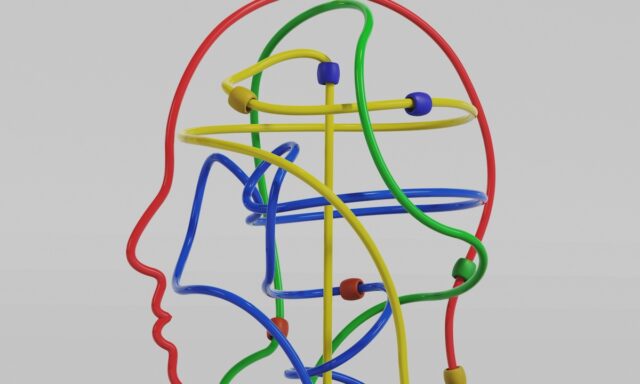New Mental Health Bill amendments strengthen ACD duties and extend human rights cover
05 June 2025

The Government has tabled new amendments to the Mental Health Bill ahead of its House of Commons committee stage on Tuesday 10 June, introducing strengthened duties around Advance Choice Documents (ACDs) and extending the Human Rights Act to cover private providers delivering section 117 aftercare and care to informal patients.
ACDs: From principle to practice
Originally, the Bill proposed a statutory basis for ACDs, which give individuals the ability to record treatment preferences in advance of a mental health crisis. ACDs are a validated clinical intervention which can reduce involuntary admissions, supporting the person to be treated with autonomy, even in crisis. In the Impact Assessment associated with the Bill, the Government has conservatively estimated that ACDs reduce involuntary admissions by 12.5%, based on the academic research. The Bill required health commissioners to make arrangements for ACDs. However, the framework lacked detail on how these documents would be promoted or supported in practice.
New amendments tabled on 4 June by MPs including Labour’s Stephen Kinnock and Liberal Democrat’s Zoe Franklin, Ian Sollom and Dr Danny Chambers impose duties on health commissioners including NHS England, Integrated Care Boards and Local Health Boards in Wales to do more than simply make information available. Under the updated wording, commissioners must:
- Bring information and help on ACDs to the attention of appropriate individuals
- Offer support through a conversation with a suitably qualified professional, either in-person or remotely
- Consider the benefits of an individual making an ACD within 12 months of their discharge from hospital
In practical terms, this means frontline teams will need to embed ACD discussions as part of post-discharge planning and ensure individuals are not only informed, but actively supported to make their preferences known. NHS organisations will need to prepare materials, train staff and establish accessible routes for completing these documents. The inclusion of ACDs in the reform comes after a review of the draft Bill emphasised the importance patients place the role they can play in promoting choice and autonomy.
Section 117 and human rights: Addressing the Sammut gap
In a move that will have wide implications for NHS-commissioned care, a new clause addresses the legal uncertainty created by the 2024 Sammut case. That case raised concerns that private care providers delivering services under section 117 of the Mental Health Act, where aftercare is jointly arranged and funded by the NHS and local authorities, may not be classed as public authorities under the Human Rights Act.
The Government’s amendment closes this gap by explicitly extending the scope of the Human Rights Act to cover private providers when delivering aftercare services under section 117, equivalent arrangements in Scotland, or inpatient treatment to informal patients commissioned by the NHS.
For NHS trusts and commissioners, this change provides legal clarity and strengthens patient protections. It means any private provider delivering section 117 care must now comply with the same human rights obligations as NHS providers, including respect for dignity, liberty and fair treatment.
Implications for services
Taken together, these changes mark a shift toward language that is more closely aligned with how the Bill will be applied and interpreted in real-world settings. NHS commissioners will need to ensure that both the infrastructure and workforce are equipped to support patients in creating meaningful Advance Choice Documents. Trusts and Integrated Care Boards should also review contractual arrangements with private sector partners to ensure compliance with the new human rights obligations.
As the Bill enters the Commons committee stage, further amendments are expected. These latest changes reflect an effort by the Government to respond to concerns raised during the Lords stages and to provide a clearer path to implementation for health and care services.
Government seeks to overturn key Lords amendments
The Government has also tabled amendments aimed at reversing four changes made to the Bill by the House of Lords. These reversals would remove provisions introduced by opposition peers that sought to strengthen patient safeguards and expand the role of professionals involved in mental health care. Specifically, the Government proposes to:
- Remove the extension of police powers of detention to other specified health and social care professionals under sections 135 and 136
- Delete the proposed 12-month maximum duration for community treatment orders, which would have required the written agreement of a second psychiatrist for any extension
- Overturn the proposed hierarchy for appointing a Nominated Person for under-16s who lack the capacity to choose their own representative
- Remove the new duty on Independent Mental Health Advocates (IMHAs) to hold a debriefing meeting with patients following discharge to review their experience of hospital care
These reversals, if accepted, would maintain the Government’s original drafting and remove new duties and constraints introduced in the Lords. But they will still be subject to a process called “ping-pong” where the Commons and Lords will try to reach agreement over these changes. Health and care leaders should monitor the committee stage closely to understand how these proposals are received and whether they are likely to pass into law.


